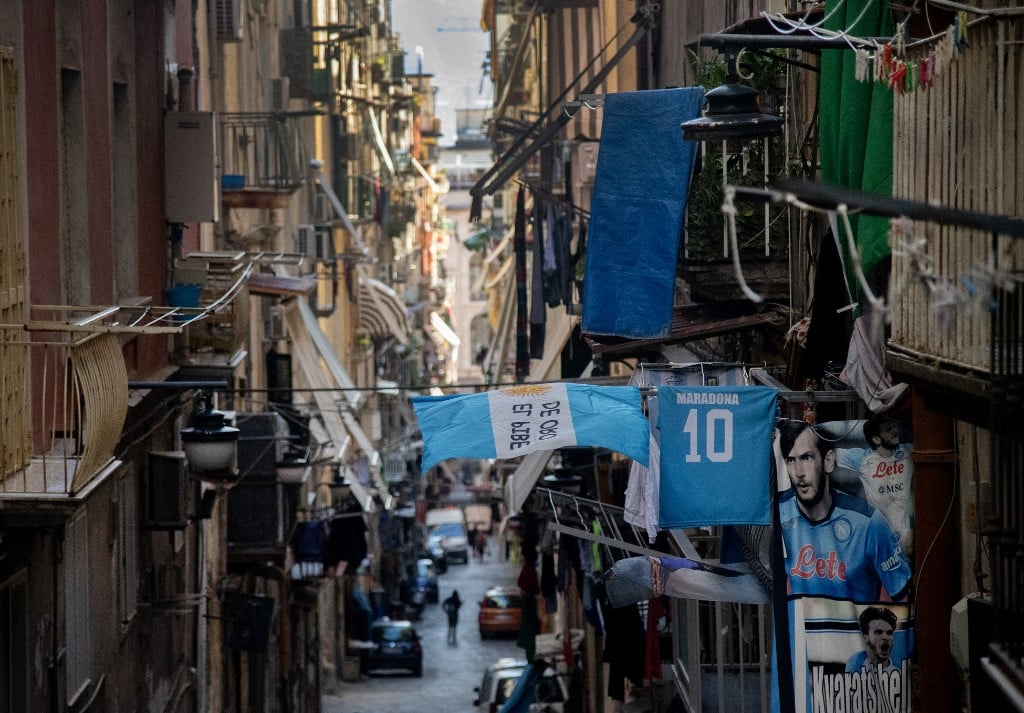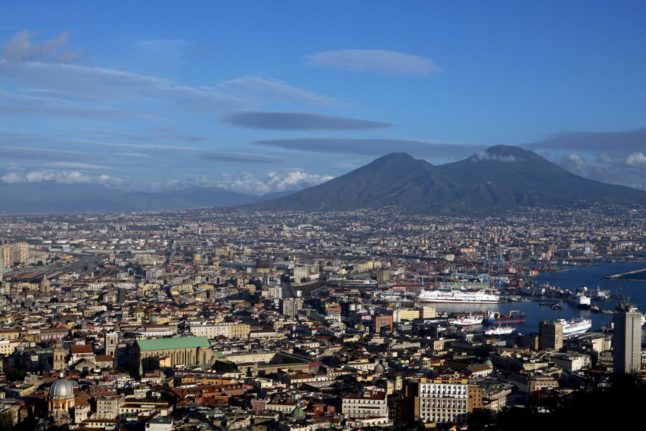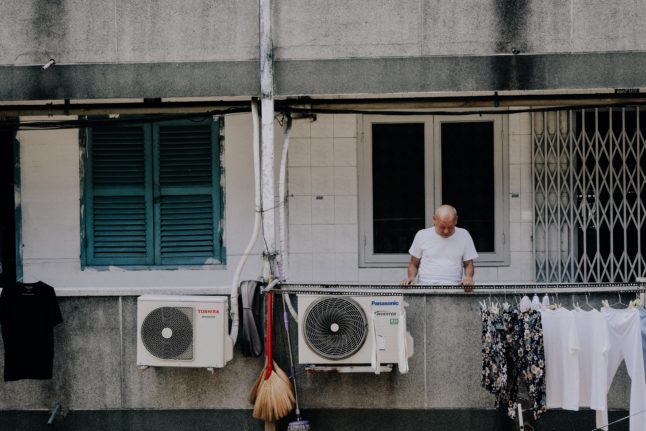There are no two ways about it: Naples has gotten a pretty bad rap when it comes to its image on a national and global level. Media reports often focus on rubbish-strewn streets, high levels of pickpocketing, corruption, and mafia activity.
It consistently ranks among the ten Italian cities with the highest crime rates, and car insurance prices are the most costly in the country, largely due to theft and accidents.
At the same time, the city is beloved by tourists, not least for its vibrant culture, artwork and food.
So what is it actually like as a place to live? Should anyone thinking of relocating to Naples be concerned by the negative stereotypes and worrying statistics?
We asked international Naples residents in the Facebook group Living Abroad in Naples 2 what they really think about life in the city often nicknamed Partenope.
“People, ninety nine percent of the Neapolitans will give you the shirt off their back. They particularly like Americans, and they love kids,” Thomas Braden, originally from New Jersey, tells The Local.
He was on active duty with the US Navy and expected to be posted to Germany. However, there was a mix-up and he was offered a position in Naples instead.
READ MORE: Why are Trento and Bolzano rated the best places to live in Italy?
“We asked for the weekend to sort it out, drove down to Naples and visited a Navy friend who was living in Monte di Procida with a view of the sea, and well, we were sold,” he continues.
Bar the sight of the sea, what has kept Thomas here is the food, the low prices, the way of enjoying life, the history and the thrill of driving.
“I love the driving, it’s a very liberating sport,” he says.
But as with any city, there are bad points too.
“Crime is a concern, but nothing like it was ten years ago – if you weren’t here then, you can’t appreciate how much has been done by the mayors of Naples and Pozzuoli and others to clean up the crime. And the grime. Trash used to be a huge concern – the EU fixed that,” Thomas says.
It was the grime and crime that struck him when he first came to Naples in 2009. Nowadays there is a marked difference as he mentions parts of downtown Naples that he “wouldn’t walk down at noon on a Sunday with an armed escort” now have spritz stands lined along some of the streets.
REVEALED: The Italian cities with the highest crime rates
When asked about whether the city deserves its reputation, he says: “Like New Jersey, Naples gets a well-loved, well-earned bad rap (that they also wear with some pride). But you get out of this city, exactly what you invest in your relationship with her.
“What level of effort do you devote and open yourself to trying to understand her, and dare I say love her? Ugly feet and all.”
International resident Amy transferred from the US after getting a job offer. She had visited areas in Italy such as Udine before, but wanted to check out Naples before making the leap.
“Initially, the way people drive in Napoli was extremely frightening to me as well. Driving in Napoli is like being a Nascar driver, minus the helmet,” she says.

She recounts some bad experiences walking around the outskirts of the city, with men rolling down their windows and asking “How much?” and supposes this assumption of prostitution was made because she is African American.
“In my experience, the worst thing about Napoli is the few people who have immature minds and think negatively about Black people,” she says.
Other negatives are the road closures, the overpriced taxis and Google Maps not syncing correctly with the city, she adds.
However, despite the ignorance shown by a few, Amy says the best thing about Naples is the Neapolitan people.
“The thing about Neapolitans is that they either love you or hate you, there is no middle, and I admire that.
“I have made some amazing life-long friends here in Naples, ” she says, recalling when her car broke down and two soldiers crossed a busy road to help her out.
Other than on the outskirts, Amy says she feels safe walking around alone.
“I do not encourage visitors to the city to drive though,” she adds.
READ MORE: Which are the Italian cities with the best climate?
Katy Newton, originally from the East Riding of Yorkshire in the UK, came to Naples for a holiday and stayed for the romance.
“The majority of people are friendly and I always found it incredible how people can just carry on daily life living between two huge volcanoes,” she says.
“It reminds me of a lot of cities in the north of England, where there isn’t lots of money but people have their priorities right. Family and enjoying life with what you have.”
On the downside, the bad things in Katy’s opinion are that nothing works, no one stops for pedestrians, and there is a lot of piled-up rubbish. Nevertheless, she thinks the city’s danger is over-exaggerated.
“My cousin visited a couple of weeks ago and fell in love with the people, the way of life, the city.”
Still, after four years of living in Naples, Katy and her partner are moving away, but close by.
“I love the vibe, the shops, food… but I just find the chaos exhausting and after a while for me I just feel a need for a more relaxing, quieter life.
“It’s an experience everyone should experience.”



 Please whitelist us to continue reading.
Please whitelist us to continue reading.
Napoli is one of the most vibrant cities, not just in Italy, but in all of Europe. The people live mostly outside on the streets, they know how to eat cheaply and how to make the most out of the day. I’ve lived in Italy for years now and can feel the energy the very moment I step out of the train at the station. There is a saying: ‘never judge a book by it’s cover’ as is the case here. Napoli needs to be experienced at least once in a lifetime for what it is, a hub of energy and life.